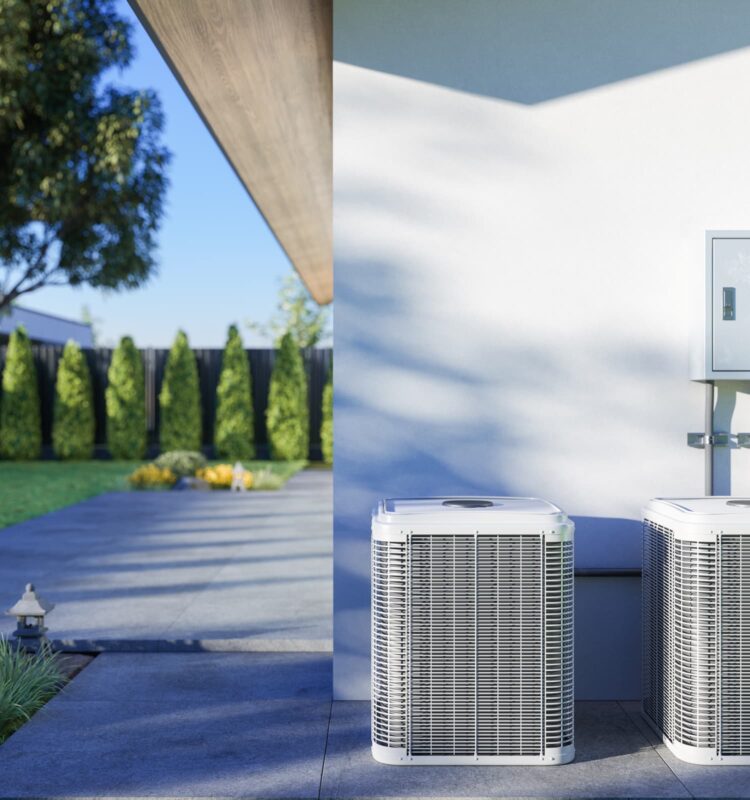
January 31, 2023


SEAD brings governments together to advance global market transformation for energy efficient products. Its shared goal is to not only conserve energy but also contribute to environmental sustainability, resource conservation, and enhanced performance. It does this by sharing knowledge, providing research, supporting policy, and driving ambition. The Hub engages its Members in SEAD’s ongoing activities, strengthening its impact and visibility.
SEAD’s 25 participating governments collaborate to accelerate and strengthen the design and implementation of appliance energy efficiency policies and related measures.
They achieve this through:
SEAD was established in 2009 under the aegis of the International Partnership for Energy Efficiency Collaboration, and continued under the Clean Energy Ministerial (CEM) from 2010 onwards. SEAD became a Task Group of the Energy Efficiency Hub in 2021, in addition to being an initiative under the Clean Energy Ministerial.
Worldwide electricity consumption is expected to grow by 60 percent by 2030, driven in part by the increasing use of equipment, appliances, lighting and other energy using devices.
New products and technologies are expanding access to modern conveniences and increasing quality of life across the globe. However, the associated growth in energy demand poses a challenge for governments trying to satisfy demand while continuing to combat climate change. The need for more efficient appliances is greater than ever.
For over 10 years, SEAD has helped drive the deployment of energy-efficient products by supporting governments to implement ambitious policy packages and harmonising markets.
In recent years, SEAD has driven ambition on appliance policy through the Product Efficiency Call to Action, an initiative that aims to double the efficiency of four key products by 2030. These products – industrial electric motor systems, air conditioners, refrigerators and lighting – together account for over 40% of global electricity demand. The Call to Action has 15 signatory countries, making it the largest ever product efficiency initiative. It is working with members, manufacturers, financing bodies and many others to raise ambition on appliance efficiency and provide consumers with cost-effective efficient products. A key tool it uses to achieve this is the energy performance ladders approach. Signatories of the Call to Action are Australia, Brazil, Chile, Colombia, Denmark, Germany, Ghana, India, Indonesia, Japan, Korea, Nigeria, Panama, Sweden, and the United Kingdom.
Learn more about SEAD’s Product Efficiency Call to Action
SEAD was recognised in the 2021 and 2022 G7 commitments to action and in the G7 Communiqué by Environment Ministers.
“We welcome the Super-Efficient Equipment and Appliance Deployment (SEAD) initiative. We further endorse its goal of doubling the efficiency of four key energy-using products sold globally by 2030: lighting, cooling, refrigeration, and motor systems, and will contribute to that end using the full policy toolkit at our disposal”
G7 Climate and Environment: Ministers’ Communiqué, London, 21 May 2021
SEAD was also identified as a leading initiative for international collaborations as part of the Breakthrough Agenda, launched at COP26.
In the past, SEAD partners aimed to create a common technical foundation to allow governments to adopt cost-effective appliance efficiency policies more easily. Over the last decade, SEAD has undertaken a number of activities.
